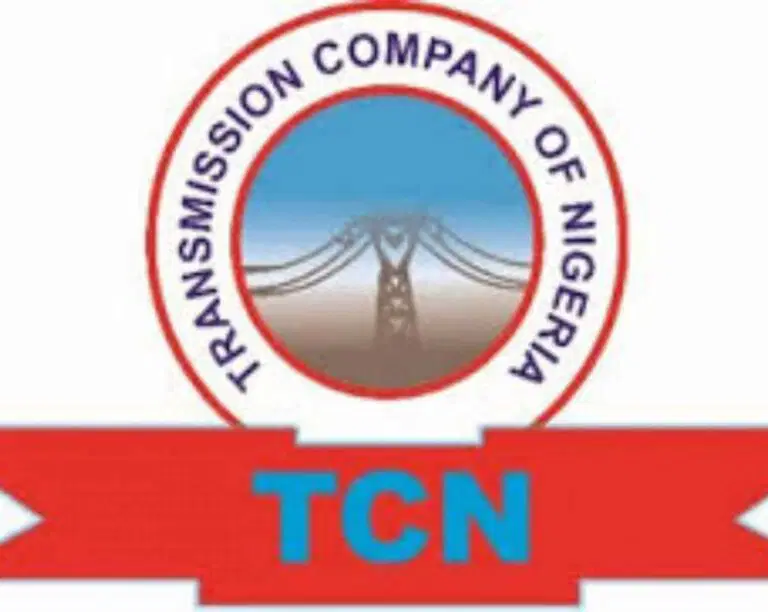The Transmission Company of Nigeria (TCN) has raised alarm over the growing wave of attacks on its power transmission infrastructure, revealing that 42 separate vandalism incidents have already impacted 178 towers in just the first half of 2025.
This was disclosed by the General Manager of Transmission Services, Mr. Ali Sharifa, during a media workshop held in Keffi, Nasarawa State, for journalists covering Nigeria’s power sector.
Sharifa described 2024 and 2025 as particularly difficult years for the TCN, stating that 86 towers were vandalized last year, with 26 of them completely destroyed—plunging entire regions into blackout.
“In 2025 alone, within the first and second quarters, we’ve recorded 42 cases of vandalism affecting 178 transmission towers,” he said.
He stressed that such acts of sabotage have severe consequences for the country’s power supply. “Electricity generated from power plants cannot be transmitted to distribution networks when our transmission lines are tampered with,” Sharifa explained.
In addition to plunging communities into darkness, the vandalism significantly increases the company’s operational costs due to repairs, replacements, and added security measures. It also delays grid expansion projects, as funds meant for development are diverted to emergency repairs.
Sharifa also cited public safety as a growing concern, emphasizing the risks posed to communities whenever transmission structures are damaged or collapse.
Beyond vandalism, natural disasters have also affected TCN operations. In May, a violent windstorm and heavy rainfall caused the collapse of six towers along the Kainji–Birnin Kebbi 330kV line. Another tower on the Apir–Lafia–Jos line suffered a partial collapse under similar weather conditions.
Sharifa attributed the rising sabotage cases to political, economic, and social factors, and disclosed that the company is taking proactive steps. TCN has begun engaging local communities in hotspot areas and has sought support from the Office of the National Security Adviser (ONSA).
“We’ve reached out to ONSA to protect vulnerable transmission lines. Some critical areas have been selected for a pilot program where advanced monitoring technology will be deployed to deter further attacks,” he added.
As Nigeria continues to battle energy supply challenges, safeguarding national transmission infrastructure has become increasingly urgent for ensuring stable and reliable power across the country.





